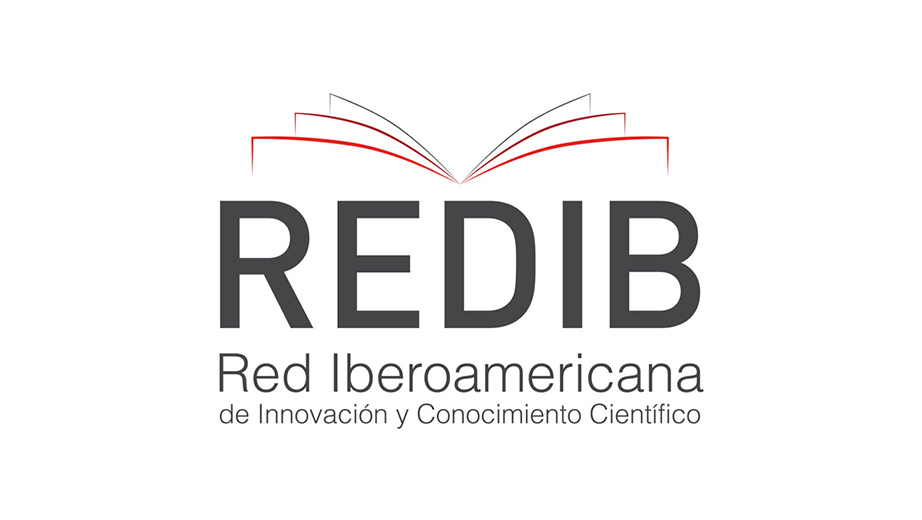The Memory Narration in Buenos Aires Theater
DOI:
https://doi.org/10.71564/dh.vi3.26Keywords:
Theatre, Language, Democracy, Memory Scene, Poetics, IdentityAbstract
The recovery of memory and testimony has become a vital requirement after the most brutal Argentine military dictatorship that took place between 1976 and 1983. Hauled historical trauma and deep wounds, individual and collective, resulted in numerous cultural events. We intend to analyze two different ways, within the dramaturgy of the post-dictatorship, narrate the question of repression and “desaparecidos”, like the paradigms of a whole trend of texts which the theatre as an instrument of political and social inquiry is considered. The work of Lola Arias calls for referential and explicit language –their own political theater– even though it contains an important symbolic sense. While the texts of Omar Pacheco manifest the crisis of the traditional dramatic narration and the notion of semantics, and restrictive that it considers the word only in its psychological dimension to instead highlight its materiality and its opacity means.Downloads
References
ARIAS, Lola (2007). Trilogía: Striptease. Sueños con revolver. El amor es un francotirador. Buenos Aires: Entropía.
ARTAUD, Antonin (2002). El teatro y su doble. Buenos Aires: Retórica.
BARBA, Eugenio (2005). La canoa de papel. Tratado de Antropología Teatral. Buenos Aires: Catálogos.
BENJAMIN, Walter (1999). Poesía y Capitalismo. Iluminaciones, II. Buenos Aires: Taurus.
BOURDIEU, Pierre (1997). Razones prácticas sobre la teoría de la acción. Barcelona: Anagrama.
BROOK, Peter (2012). El espacio vacío: Arte y técnica del teatro. Barcelona: Ediciones Península.
DE MARINIS, Marco (2000). In cerca dell’attore. Un bilancio del Novecento teatrale. Roma: Bulzoni.
FOUCAULT, Michel (1991). Vigilar y castigar. Nacimiento de la prisión. Buenos Aires: Siglo XXI.
——— (1995). Nietzsche, Freud, Marx. Buenos Aires: El Cielo por Asalto.
GROTOWSKI, Jerzy (1971). Teatro Laboratorio. Prólogo de Peter Brook. Barcelona: Tusquets Editor.
——— (1993). “Dalla compagnia teatrale a L'arte come veicolo”. En Thomas RICHARDS (ed.). Al lavoro con Grotowski sulle azioni fisiche. Milano: Ubulibri, 130-131.
HUYSSEN, Andreas (2002). El busca del futuro perdido. Cultura y memoria en tiempos de la globalización. México: Fondo de Cultura Económica.
JAMESON, Frederic (1999). El giro cultural. Buenos Aires: Manantial.
JAUSS, Hans Robert (1976). La literatura como provocación. Barcelona: Península.
LLYOTARD, Jean François (1993). Moralidades posmodernas, Madrid: Tecnos.
PACHECO, Omar (2015). Cuando se detiene la palabra, Buenos Aires: Colihue.
PELLETTIERI, Osvaldo (1998). “La dramaturgia en Buenos Aires (1985-1998)”. En Osvaldo PELLETTIERI (ed.). La dramaturgia en Iberoamérica. Teoría y práctica teatral. Buenos Aires: Galerna, 21-40.
RICŒUR, Paul (2001). La metáfora viva. Madrid: Trotta.
TODOROV, Tzvetan (1993). Frente al límite. México: Siglo XXI.
VATTIMO, Gianni (1990). “El arte de la oscilación: de la utopía a la heterotopía”. En La sociedad transparente. Barcelona: Paidós, 155-172.
Downloads
Published
How to Cite
Issue
Section
License
Copyright (c) 2016 Silvina Díaz

This work is licensed under a Creative Commons Attribution-NonCommercial 4.0 International License.
Los autores que publican en esta revista están de acuerdo con los siguientes términos:
Los autores conservan los derechos de autor y garantizan a la revista el derecho de ser la primera publicación del trabajo al igual que licenciado bajo una Creative Commons Attribution License que permite a otros compartir el trabajo con un reconocimiento de la autoría del trabajo y la publicación inicial en esta revista, sin hacer uso del material con propósitos comerciales.
Los autores pueden establecer por separado acuerdos adicionales para la distribución no exclusiva de la versión de la obra publicada en la revista (por ejemplo, situarlo en un repositorio institucional o publicarlo en un libro), con un reconocimiento de su publicación inicial en esta revista.
Se permite y se anima a los autores a difundir sus trabajos electrónicamente (por ejemplo, en repositorios institucionales o en su propio sitio web) antes y durante el proceso de envío, ya que puede dar lugar a intercambios productivos, así como a una citación más temprana y mayor de los trabajos publicados.






























